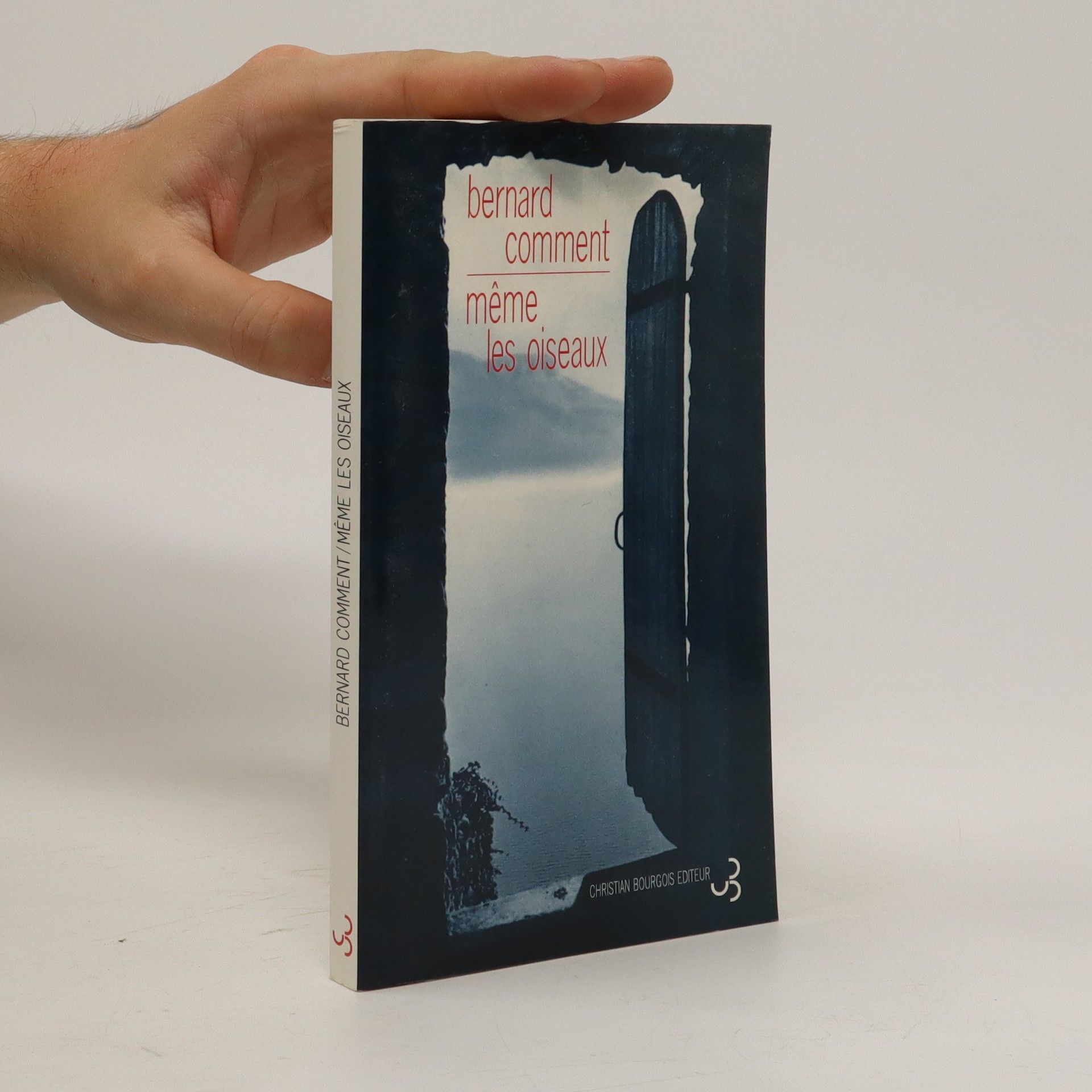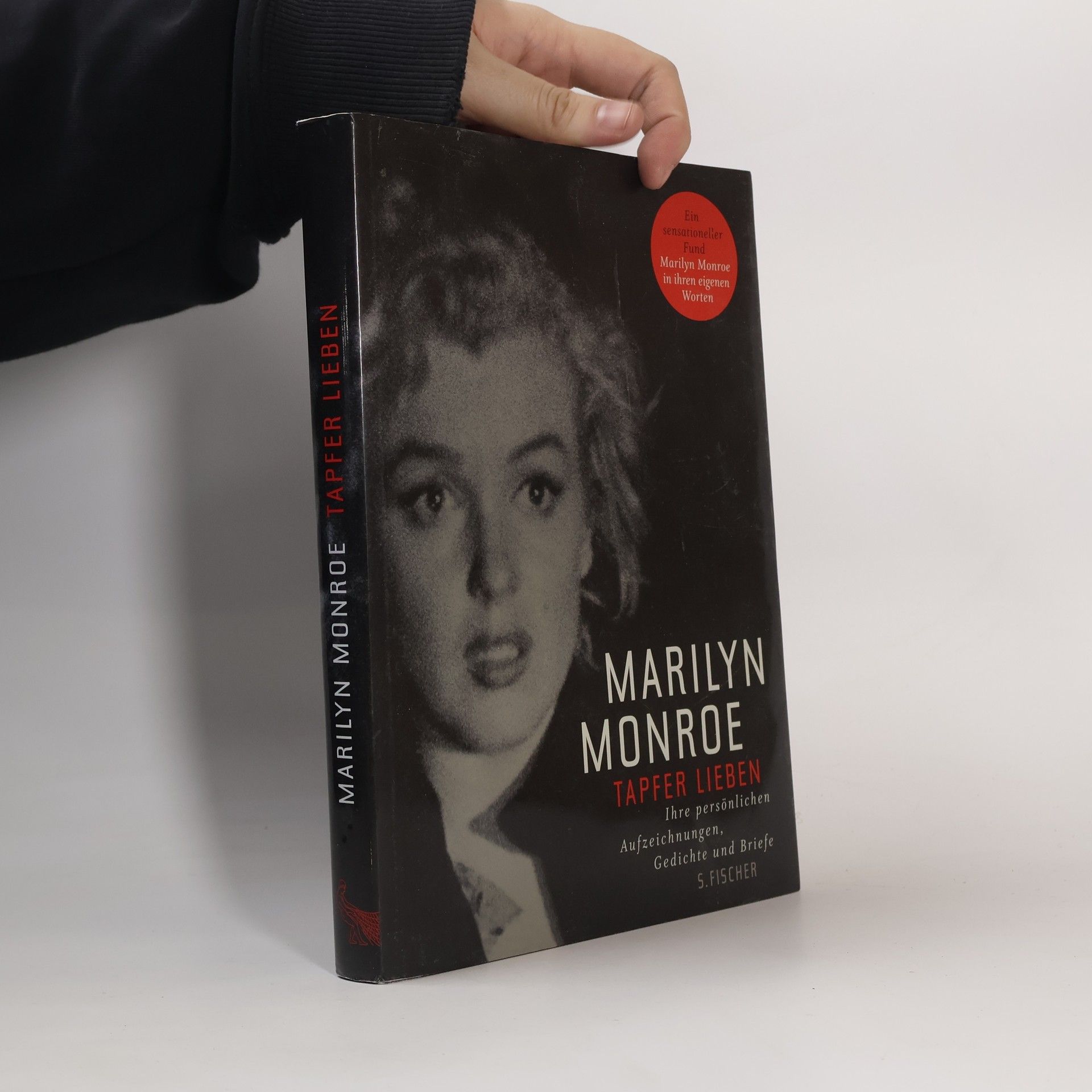Bernard Comment Bücher






Ein sensationeller Fund - Marilyn Monroe in ihren eigenen Worten Ein sensationeller Zufallsfund brachte einmalige Aufzeichnungen ans Licht: die Notizhefte, Briefe und Gedichte, die Marilyn Monroe von 1943 bis zu ihrem Tod 1962 verfasste. Sie zeigen uns das Bild einer belesenen, warmherzigen, klugen und sehr witzigen Frau, die vor allem eins wollte: geliebt werden. Marilyn schreibt leidenschaftlich und verzweifelt, selbstironisch und literarisch. Gute Beobachterin ihrer selbst und anderer, immer eigener Schwierigkeiten und Fähigkeiten bewusst, erstaunlich offen und schonungslos. Sie reflektiert über glückliche und enttäuschende Beziehungen, ihre Kindheit, den traumatischen Aufenthalt in der Psychiatrie, plant Dinner für Freunde. Sie hat ehrgeizige Ziele für ihre Arbeit und Angst vor dem Älterwerden. Immer getrieben von dem Willen, zu lernen, noch besser zu werden, immer und immer weiter … In diesem Buch kommt der Mensch hinter dem Ruhm zum Vorschein, die innere Biographie der Norma Jeane Mortenson. Die Texte liegen im englischen Original und in deutscher Übersetzung vor, das Buch enthält zudem außergewöhnliche Fotos und Faksimiles.
Un homme désespérément normal, une vieille femme qui prépare avec soin son enterrement, un pays inondé de son plein gré, un gagnant de loterie introuvable, une femme sans amis qui n'aime que les oiseaux. Obsession des fiches, goût désespéré de l'ordre, manie de la sécurité, amour de la loi ..
Folio: La tête perdue de Damasceno Monteiro
- 258 Seiten
- 10 Lesestunden
À Porto, un vieux gitan, Manolo, découvre un corps décapité. La quête de la tête de la victime soulève des questions : qui a commis ce meurtre et pourquoi empêcher l'identification du cadavre ? Un journal de Lisbonne envoie Firmino, un jeune étudiant en lettres, pour enquêter. Ce qui débute comme un polar se transforme en une réflexion métaphysique, guidée par Don Fernando, un avocat excentrique, qui propose des hypothèses sur la justice et la Norme juridique. Alors que Firmino approfondit son enquête, la police s'en mêle. Ce roman surprenant aborde les abus de pouvoir, l'illégalité et la xénophobie, révélant les infamies de l'Europe contemporaine. L'auteur, Antonio Tabucchi, réussit à allier le thriller à une profondeur intellectuelle rare, en réfléchissant sur des enjeux sociaux actuels tels que la criminalité, la corruption policière et le journalisme à sensation. L'intrigue captivante commence avec la découverte du corps sans tête de Damasceno Monteiro, un employé d'une société d'import-export mêlé à un trafic de drogue. La suppression de preuves par la police ajoute une tension palpable à cette histoire, transformant des événements familiers en un récit saisissant.